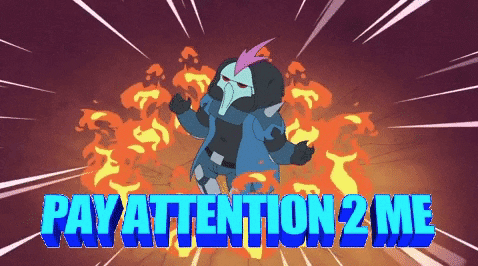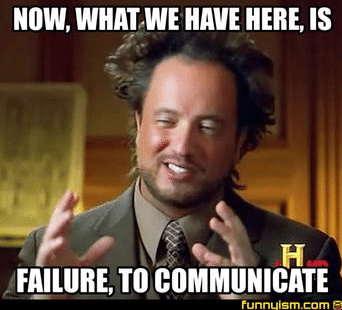After running thousands of sessions and playing 50+ escape rooms with a 90% escape rate, our staff has come to learn a thing or two about winning them. Every escape room is different, but we’ve compiled ten fundamental tips that will serve your team well on their way to victory, regardless of the escape room!
#1 Mind the Game Master
The game master is responsible for delivering the room’s intro, explaining safety guidelines, and nudging you in the right direction—listen to what they have to say both before and during the game. Sometimes game monitors slip useful clues into the narrative before locking you in the room, so it helps to pay attention to a room’s story.

#2 Communicate
People find and observe things about the room, and it is imperative that that information is shared with the entire party. Shout out your discoveries, ensuring that at least one other person acknowledges that they’ve heard you. Discuss solution possibilities openly. Don’t be afraid to have an idea and LISTEN to what your teammates have to say. As long as an idea can be undone, there is never harm in trying something.

#3 Don't Be A Flamingo
Divide and conquer is probably the tip we give most to our players. Search for important objects or puzzles by branching out to explore the room. Too often we see what we call “the Flamingo Effect,” where customers glue their bodies together and move around the room as a single organism. Don’t be a pat; assign people to comb over certain parts of the room and don’t forget to communicate your discoveries. When you do find puzzles, if you are not contributing to it, don’t spectate. Move along and look for something else to work on.

#4 Search Everywhere
This may seem pretty obvious, however, you would be amazed to learn how many people are afraid to touch anything in the room. It isn’t a museum! Get in there and interact with your surroundings. Treat the situation as though you are appraising a house to buy; examine every nook and cranny. Look at floor level, inside books, on top of shelves, inside coat pockets and hats, under furniture, reach deep into drawers, etc.

#5 Stay Organized
As you find things, you need to keep track of them. Assign a table, empty trunk, or parts of the floor as a clue station. We’ve found success using three separate piles: paper clues and books in one, props, tools and peculiar items in another, and, lastly, a discard pile.

#6 Pass the Baton
One person’s pride can lead to an entire team’s downfall. If you have been staring at the same puzzle for more than a few minutes and haven’t figured out the solution, get help from a team member or let them take over. There is no shame in walking away. This strategy also insures that puzzles aren’t forgotten or overlooked. If the puzzle still can’t be solved after switching a few people out, then that is indicative of your team not having all the information yet. This could also mean that you need a hint, which brings us to our next tip…

#7 Don’t Over-analyze
When in doubt, go for the obvious and simplest solution for a puzzle. Because they are designed for such a broad audience, escape rooms don’t require prior knowledge or experience to solve, and, therefore, their explanations are not overly complicated.

#8 Luke, Don’t Use the Force
Force is not a thing in escape rooms. Everything that is meant to be manipulated requires one hand for interaction. If you have to start applying a lot of force or pressure, then that object is not ready (or meant) to be moved or opened. Smashing and breaking things suck for both players and staff, because it compromises the game’s functionality, safety, and flow. Hulking out in the room is not going to make you win.

#9 Use Your Hints

#10 Don’t Be Afraid of Failure
Embrace the moment, not the outcome. The goal of an escape room may be to win, but that doesn’t mean there is nothing to gain in losing. These experiences are most satisfying when you honestly solve puzzles and don’t incite chaos by being frantic about winning. Escape rooms are challenging, uniquely fun opportunities to break from reality, participate in a fantasy, and learn more about yourself and your friends, coworkers, and family. Take it from Michelle Tanner:





